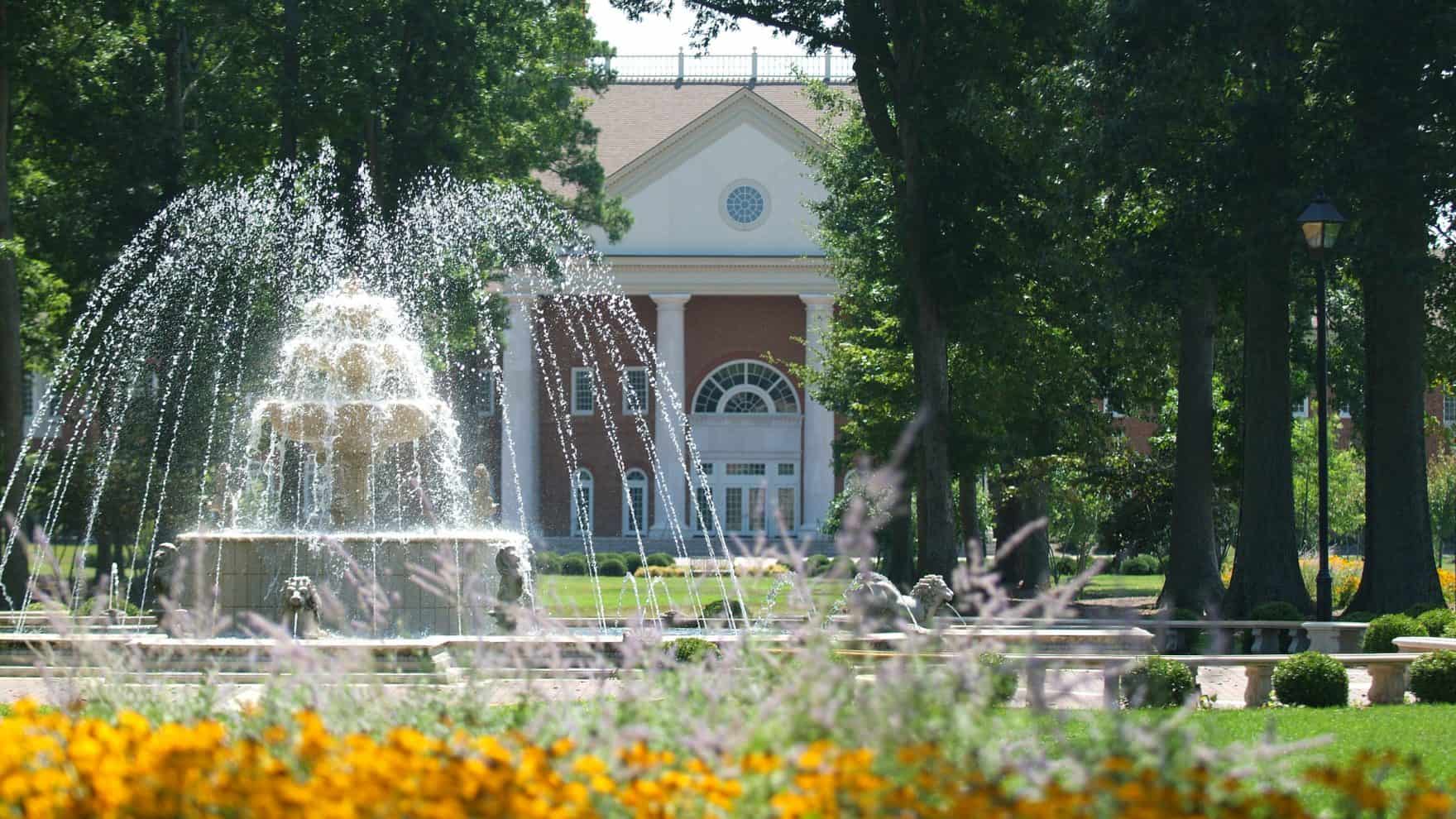
Regent University Professor Travels with Olive Branch International to Ukraine
Though a “ceasefire” is underway where Ukraine meets the Russian border, tension and firing across the border between the two armies is still a reality every day.
Earlier this year, Regent University School of Divinity assistant professor, Dr. Mark Jumper, traveled to Kiev Theological Seminary with Olive Branch International, an organization that travels to different countries where military chaplains don’t exist.
Ukraine, formally under the Red Army and a part of the Soviet Union, is one such nation. Jumper taught a course to 12 Ukrainian seminary students who are a part of a four-year military chaplain certificate program.
“They are so on fire for Jesus,” says Jumper. “They give out Gospel tracts to the Russian guards across the Ukrainian border. They’re fearless.”
And the need for fearlessness in the midst of war is imminent. Crossing the border, even for humanitarian visits, could mean being held for ransom by a mafia or an unidentified group.
“While I was there teaching, one of (my students’) friends was taken hostage that morning,” says Jumper. “We all prayed, and I still don’t know what happened. But this is very active and real.”
He explains that at this point, Ukrainian chaplains are allowed to wear a military uniform and to be with their units serving as moral support, and even as medics on the battlefield. But they have yet to be formally integrated into the military. That’s what Jumper hopes to see.
“A military without chaplains is a very arid place. It’s a place without anyone to give them a listening ear, a warm heart or someone who sees them as a human being instead of as their military role,” says Jumper.
Jumper says that many times the military as a system is more concerned about the maintenance of its operating machinery than it is about the maintenance of its people.
“We have maintenance schedules for our ships, our aircrafts and tanks. And you’re required to do certain things at certain times and replace worn-out parts,” said Jumper. “What do we do for our people? We don’t have maintenance schedules for our people.”
And although Jumper is quick to remark that great military leadership is concerned about their people, perhaps, he explains, even better than leaders from civilian organizations.
“But a chaplain gives hope,” he says. “They give help.”
As a former chaplain for the United States Navy, Jumper knows the need for chaplains who understand the pressures that an outsider can’t have. This gives the officers more credibility with their troops.
“Your entire life is run by the military, and you sign a ‘blank check’ and you understand that the amount of the check may be your life,” says Jumper. “A chaplain is someone who is subject. They have signed the same ‘blank check’ as everyone else.”
As for the future of the military in Ukraine, Jumper believes that the nation, and his students in Kiev, are on a “very good” path toward formally integrating chaplains into their military.
“That’s our prayer,” says Jumper. “And all the signs are positive.”
Learn more about Regent University’s School of Divinity.

